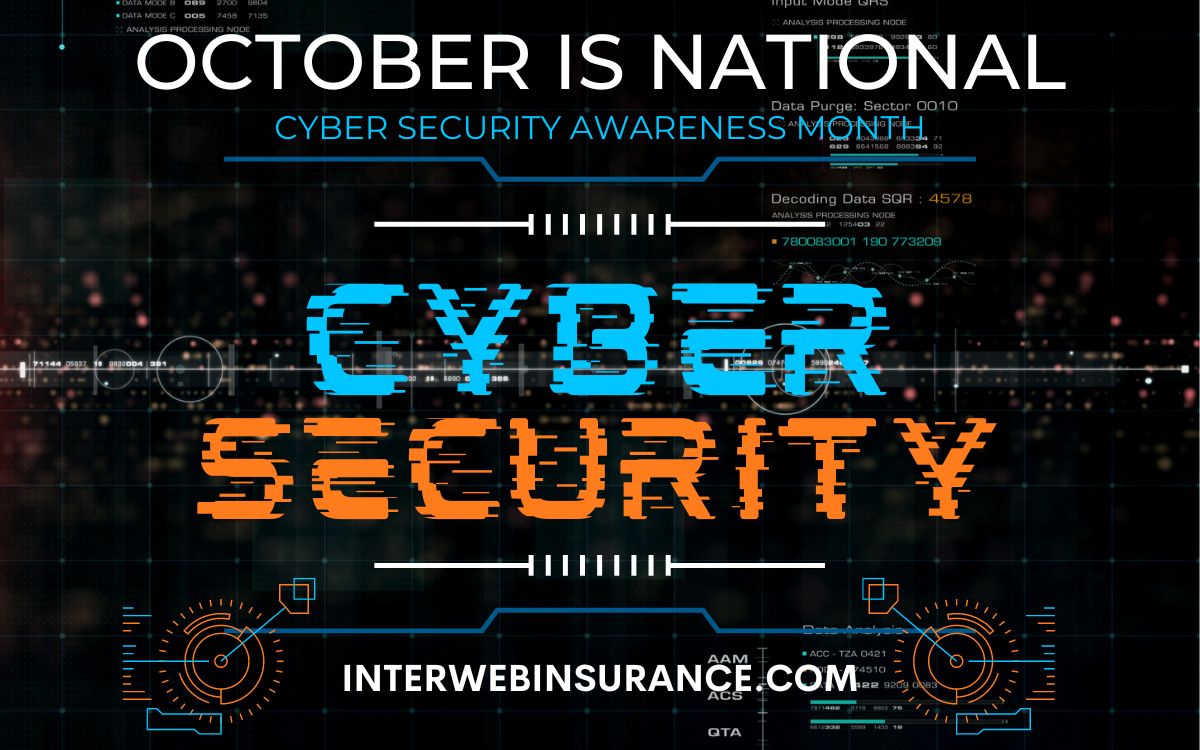The National Cyber Security Awareness Month (NCSAM) is an annual project of the Department of Homeland Security and the National Cyber Security Alliance. The goal of NCSAM is to help people better protect themselves and their families from cyber security threats such as identity theft, malware, data breaches, and more.
Keeping your company and its information secure is crucial for organizational cybersecurity. Here are a few ways your business should do their part to foster this type of security:
Establish Policies to Support Cybersecurity
These policies include: Bring Your Own Device; Email & Internet Communication; Acceptable Use Policy; and Incident Response Policy.
Educate Your Employees
You’re reading this because you want to protect your business from data breaches. Build a strong cybersecurity crack team to combat these threats by utilizing security training programs.
Implement Smart Software
Make sure you have strong spam filters, firewalls and antivirus/malware programs installed on all company devices. Maintain your network security by using a virtual private network, too.
Enforce Access Controls
Be sure that the people who have access to sensitive data are trustworthy and qualified individuals. Furthermore, ensure all employees use strong passwords and update them regularly.
Bolster Business Continuity
You should always back up your files and information, like keeping a set of originals in a secure offline location for safekeeping. Another great option is to use the cloud to store copies of your data.
Have an Action Plan in Place
Cybersecurity is one of the most important issues for any business to address. A cyber incident response plan should be established and tested regularly in order to minimize potential losses in the event of a cyber attack.
If you’re ready to get started with a cyber liability policy, contact us! Our knowledgeable team can provide you a custom quote sized just right for your businesses individualized needs.





